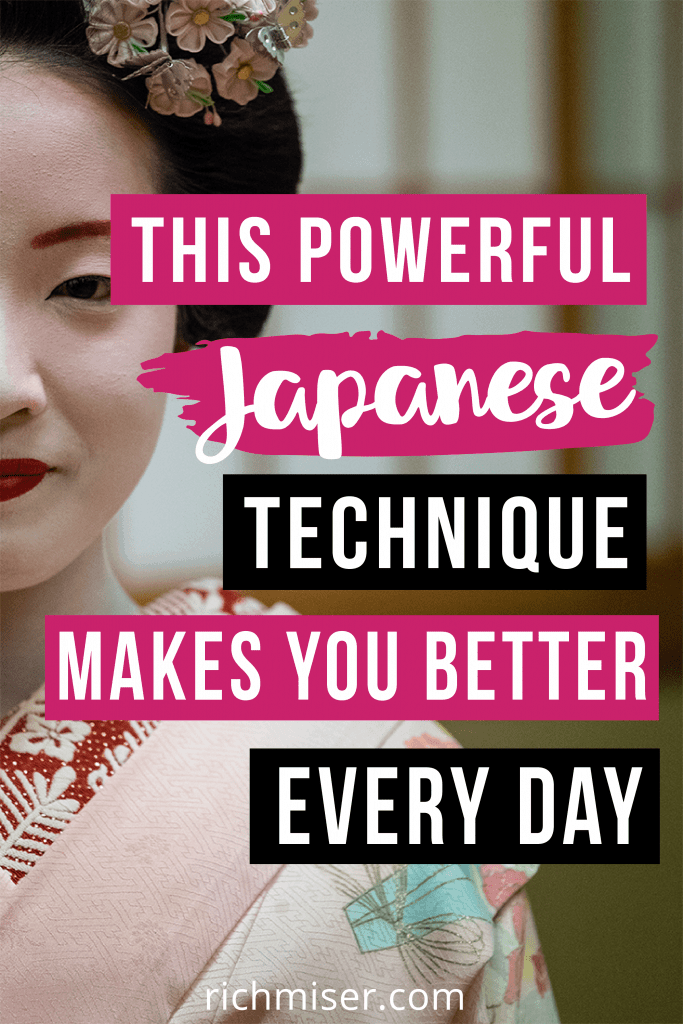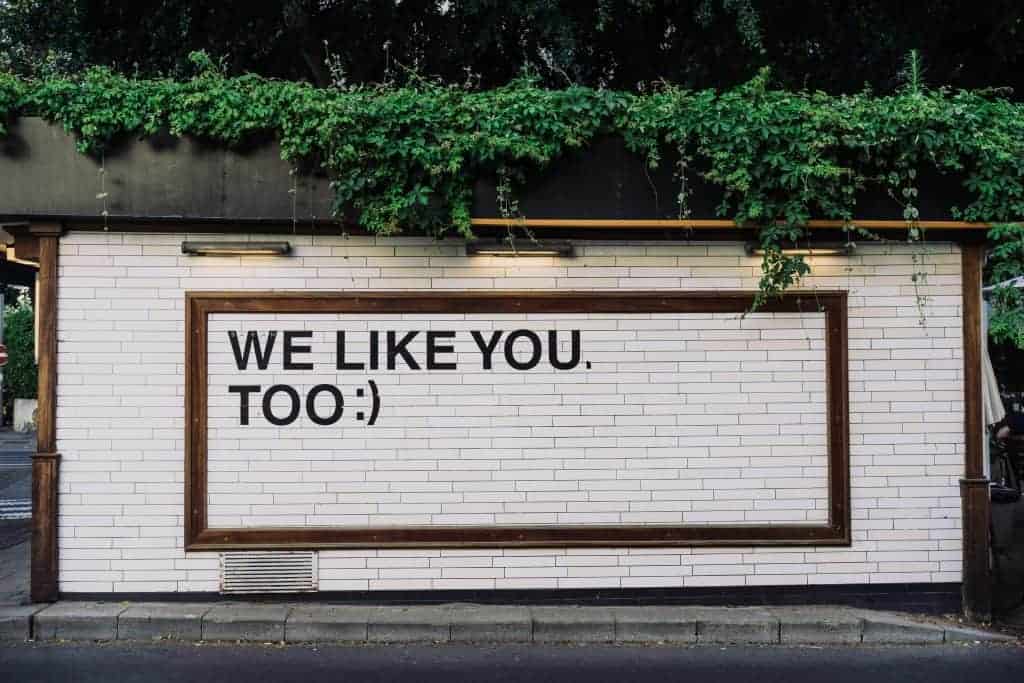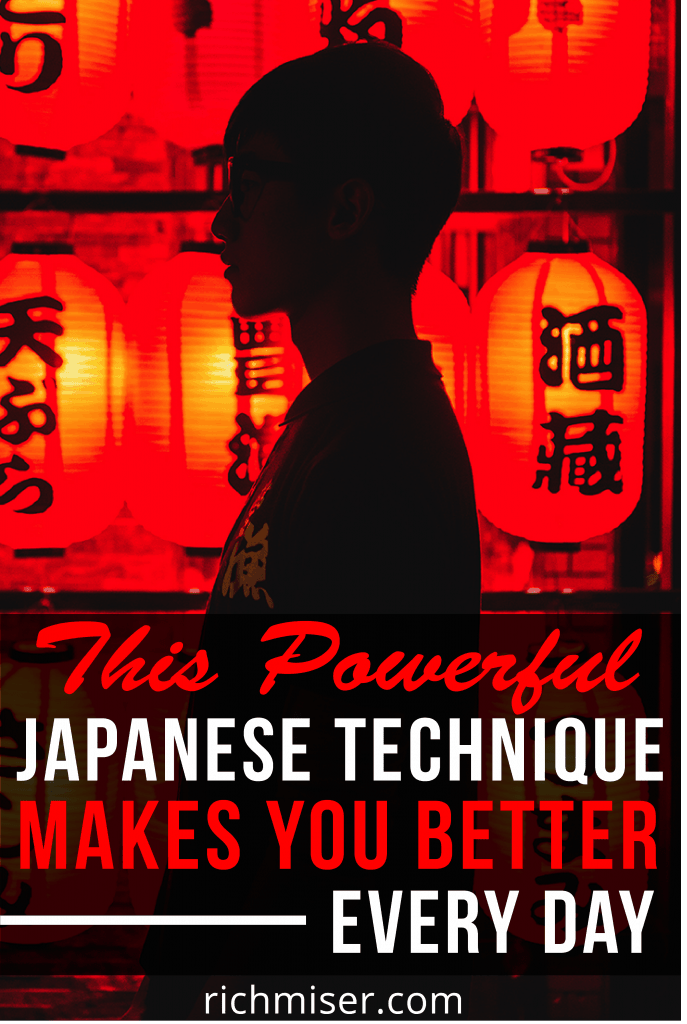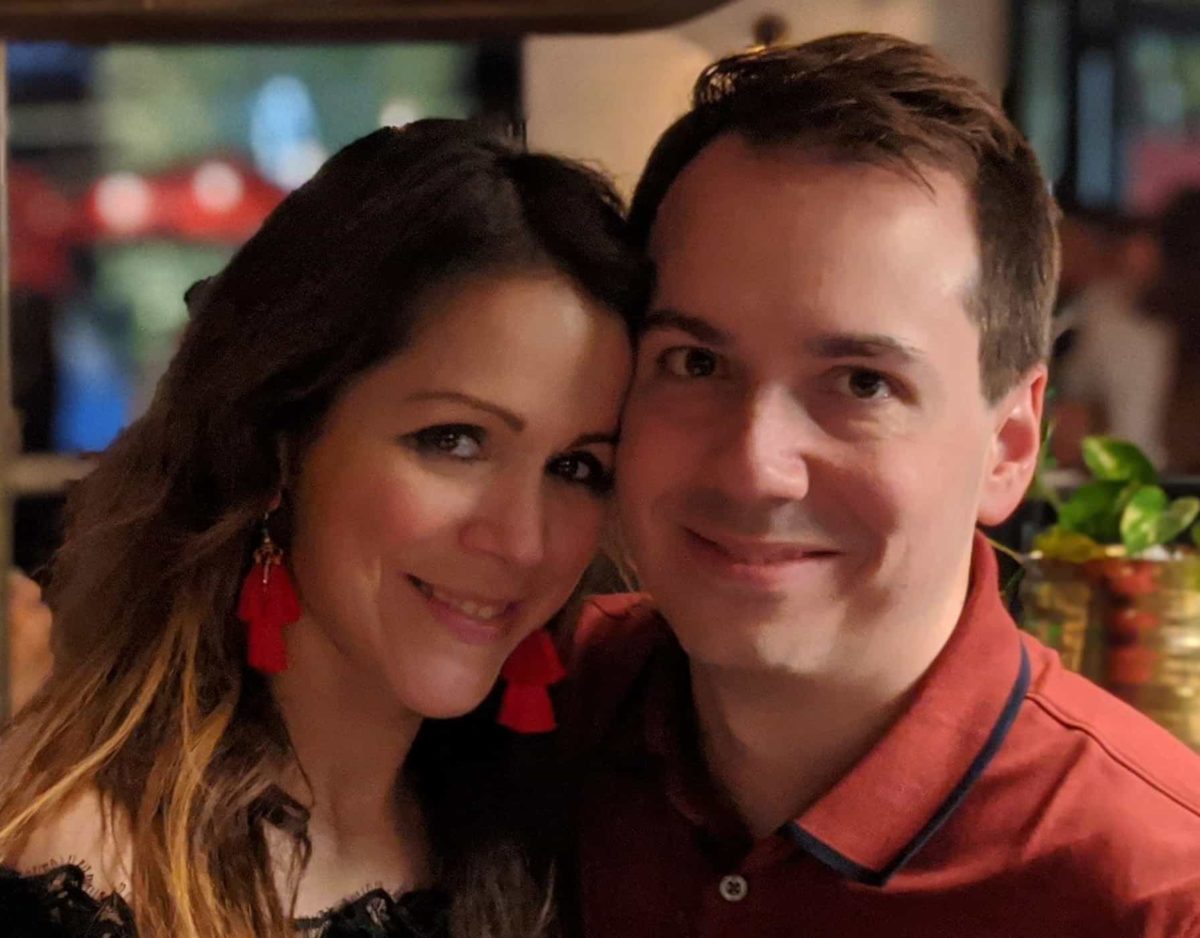From cars to zippers, the amazing Japanese are known for making things better. But did you know that they actually developed a method to improve virtually anything gradually, over time? Indeed, the Japanese technique of kaizen teaches the virtues of making small, continuous improvements in basically anything, which eventually add up to big, permanent changes.
By implementing kaizen in your life, you can make it far better over time. But before starting that, we have to begin by getting into a mindset of change and betterment. Let’s get to it.

Forget the Comfort of Certainty and Accept that You Can Always Get Better (Through Kaizen!)
We Feel a Strong Need for Certainty
The need for certainly is perhaps one of the greatest human needs. In fact, as Dr. David Rock wrote for Psychology Today, “…your brain craves certainty in a similar way, and using similar circuits, for how we crave food, sex and other primary rewards”, while “…uncertainty feels, to the brain, like a threat to your life”.
I think all of us know this from experience. Uncertainty feels painful and causes us a great deal of anxiety. While the need for certainty varies among individuals, we all know people who are extremely conservative (in a general sense, not in terms of politics) and set in their ways, having an almost violent reaction to anything new or different.
I remember that I had a boss who, as late as 2011, still refused to use a computer or read e-mails on a monitor; rather, he had his assistant print out every single message, and he hand-wrote his responses for her to type up and send back. This, despite the fact that basic computer skills would have dramatically reduced his workload, improved his efficiency, and made his life easier.
Or how about those famous real-estate holdouts, who eschew million-dollar offers for their properties and refuse to move, no matter what? While such a position can certainly be heroic when it stands for justice, it’s probably not helping the holdout’s finances or quality of life, most of the time:

Credit: Ben Tesch
Change Is Necessary, Regardless of Our Need For Certainty
As we also know from experience, change is constant and inevitable in life. Fighting it is usually a losing battle, to our great detriment. My old boss who refused to use a computer would spend hours doing legal research in the library, but it would have taken him minutes if done electronically. Even on the world stage, countries that do not modernize eventually get dwarfed economically by those who do, resulting in a loss of power and a weakened position in the world.
The same goes for companies. Blockbuster Video lived a long life, but inevitably succumbed to its inability to adapt to the streaming revolution.
So, history and experience show that it is necessary to accept the inevitability of change, and the need to change ourselves, in order to adapt and improve. And that’s where the Japanese kaizen technique comes in.
What Is Kaizen?
Kaizen is the Japanese technique of continuous improvement. As Lifehacker describes it, “while Kaizen translates just to ‘good change’…in productivity circles the term means ‘constant, continual improvement.’ Put simply, every aspect of an organization should, at all times, strive to do what it does better”.
Think of it, for example, as how you become better at a sport. If you want to improve your tennis game, you don’t do it all at once. Maybe one day, you work really hard on your serve; the next, you focus on your forehand, and the following you practice your backhand. Little by little, you become a better player as each component of your game improves.
In that same way, you can apply a philosophy of continuous improvement to your life, becoming a happier and more effective person each day.
Applying Kaizen
To apply kaizen to our life, we can adopt the way of continuous improvement in at least five key areas – thinking, finances, relationships, life decisions, and work. Let’s dive into each.
Continuous Improvement in Your Thinking
We can continuously improve our thinking by consciously examining our mental processes and looking for flaws that we can eliminate or reduce. For example, do we tend to be too emotional, leading to bad decisions? When someone angers us, do we immediately respond, or do we instead take a while to strategize, pick our battles, and figure out the best reaction (which can sometimes be no reaction at all)?

Thinking!
I think we should always assume that our thought processes are flawed, since nobody is perfect. Learning and experience will help expose those flaws, which we can then correct if we’re willing to admit them to ourselves.
To take a mundane example, maybe you find yourself tending to arrive to places late, after they’re closed. If so, you can simply add a Google Maps closing-time check to your standard processes, and avoid the problem in the future.
So be on the lookout – almost daily, you can find routines and thought patterns that are inefficient, or lead to frequent errors. Many times, improvements are simple and can be implemented with little effort.
Continuous Improvement in Your Finances
I’ll be the first to admit that personal finance is complex and rife with opportunities to make mistakes. But like with your general thinking, it’s an area where you can implement kaizen and make continuous improvements. Did you overspend on your first credit card and wind up paying loads of interest? Then make sure to not make the same mistakes once you pay it off. Did you succumb to lifestyle inflation? If so, stop inflating and gradually reduce your expenses to a level that works for you.
The smallest changes can be the first important steps. For instance, if you find yourself buying coffee every day, don’t stop right away. Instead, change to a smaller size or a cheaper variety. After you do, find the next thing you can optimize, to create a continuous chain of small improvements.
The key, really, is in how you frame it in your mind. Rather than becoming defensive, embrace the idea that there is always something you can make better, a pattern that you can optimize, step-by-step. As you make those optimizations, your finances will improve and you’ll gradually be richer. The small improvements will eventually add up to big changes.
Continuous Improvement in Your Relationships
Since relationships are extremely important and one of the foundations of a happy life, I believe it’s necessary to apply kaizen in how we approach relationships. For instance, perhaps we’re having trouble making and keeping friends for a reason as simple as talking too much. You know, those people that always dominate a conversation and make you want to disengage as quickly as possible. So if you’re one of those over-talkers, train yourself to speak less and listen more.
Another example might be unreliability. Do you find yourself making commitments you can’t keep? Try to pinpoint any patterns, and then figure out how to change them. Maybe you’re just wiped out on Fridays from the workweek and need to rest; if so, make commitments for Saturdays. It’s that simple. Accept that you’re probably making mistakes (like we all do), be vigilant for them, and fix them one by one.
Continuous Improvement in Your Life Decisions
Every day we make decisions on how we live our lives. Are you falling into unhealthy or damaging patterns? I find that I’ve been eating too much junk food, so I’m in the process of reducing junk food items, one by one.
Or what about anxiety and stress, those silent killers that afflict us all? You can never get rid of them completely, but research suggests that small changes such as listening to classical music and meditating help. Or you can try another Japanese technique, forest bathing (walking in forest-like surroundings). None of these are huge steps, but putting them together can make a big difference (I can say this from experience).

Forest bathing and meditating!
Another big way to make smarter decisions is to become better informed when you’re pondering a course of action. Make it a personal policy to seek more and better information, whether it be by consulting a trusted mentor, reading good blog posts, or looking up academic research. It can all help, especially if you’re systematic and disciplined about the process!
Continuous Improvement in Your Work
You can implement kaizen at work not just at the enterprise level, but also at your individual level to become a better worker and colleague. Perhaps you’ve noticed that you lose your attention quickly, or get mentally tired of something and “drift”. When this happened to me, I figured out that I’m more efficient and work better if I change to a different task when I get bored of the present one. So, I spend my day jumping from task to task.
In the same way, you can find new processes or methods that make you (and your company) more efficient. When your bosses see it, it could even bring you career advancement.
Summing Up Kaizen
Kaizen is not about making big, bold, sweeping moves or “turning your life around” overnight. In my experience, that doesn’t happen too often, and can be overwhelming. What you can do (and which I think is more realistic), is implement the kaizen method of small, continuous improvements. As you make more and more such improvements, they will add up into big, sustainable changes.
What do you think of the kaizen method of continuous improvement?



Hi Miguel, Having spent over 25 years in manufacturing and seen Kaizen implemented on a variety of levels, this is a great analogy to life. Tom
Thanks Tom, I think it’s perhaps the best way to improve oneself – steadily, one step at a time.
I remember learning about Kaizen in business school, and the profound impact it had on improving quality and efficiency. I never thought about how I could apply those principles to my personal life. Thanks for sharing.
Thanks Camilo,
Indeed, I think making small improvements every day adds up!
I first heard of Kaizen recently. It makes a lot of sense. Forest bathing? That’s a new one for me. My daily nature walk could be a forest bath if I slow it down.